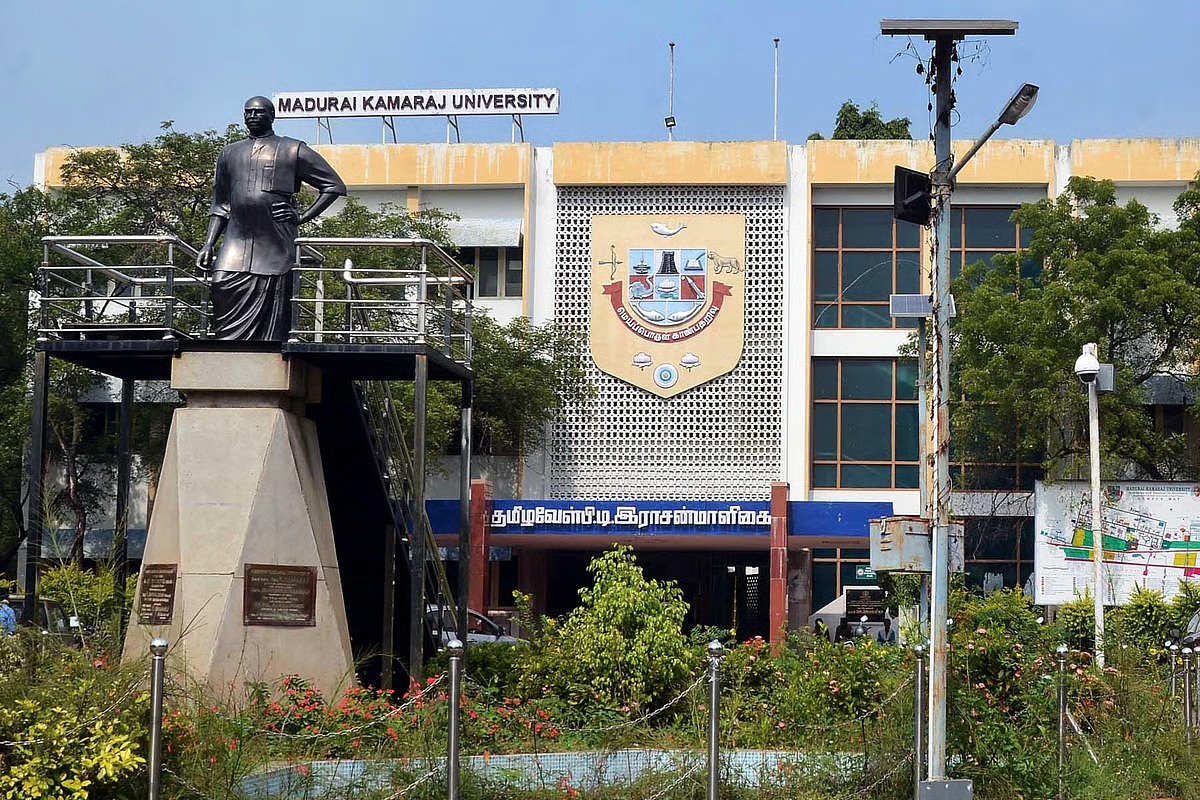Straight, J.@mdashThis was a suit brought by the plaintiff, respondent, to recover the sum of Rs. 4,765, principal and interest, on the basis of an accountbook. The plaintiff carries on business at Cawnpore under the style of Nand Ram and Babu Ram, while the defendants trade at Shikohahad as Nand Ram and Golab Chand. As far back as the year 1869 there were dealings between the plaintiff and defendants, the latter forwarding goods for sale to Cawnpore, drawing on the plaintiff against such goods, and occasionally making purchases through him for the purposes of their business at Shikohabad. On the 9th of October 1875, Mohan Lal, one of the defendants, was at Cawnpore, and upon that day the accounts between the two firms were gone into and a balance was struct, the amount ascertained as being due from the defendants to. the plaintiff being Rs. 4,198-4-9. Upon a promise of Mohan Lal to pay Rs. 3,598-4-9 of thjs amount within two weeks the plaintiff undertook to forego the other Rs. 600, which were, however, to be recoverable, if the debt was not paid within the time specified. The Rs. 3,598-4-9 were not paid according to promise, and ultimately upon the 2nd April 1877, the present suit was brought. For the purposes of this judgment it is sufficient shortly to say that the pleas of the defendant Nand Ram were to the effect, that the claim was barred by limitation, that Mohan Lal had no authority to bind his firm at the adjustment of accounts; and in this and the lower Appellate Court the further ground was taken, that the entry in the plaintiff''s books of the balance struck was in the nature of a note or memorandum of the character contemplated by No. 5, Schedule ii, Act XVIII of 1869, and that not being stamped it was inadmissible in evidence to take the claim out of limitation. Further, that as such a note or memorandum, being liable to only a one anna stamp, and not having been stamped at the time of execution, it was useless according to the provisions of Section 28 * of the Stamp Act of 1869. The first Court decreed the plaintiff''s claim and that decision was upheld by the Judge.
2. It has been found as a fact that Mohan Lal had full authority on the 9th of October 1875, to act on behalf of the defendant''s firm in the adjust ment of the accounts, and the only points to be considered by us in special appeal appear to be, first, is the plaintiffs claim barred by limitation? secondly, is the entry in the books of the plaintiff, striking the balance, one that requires a stamp, as provided by No. 5, Schedule ii of the Stamp Act of 1869?
3. The matter was very fully argued before us on the part of the appellants, but the contentions of their learned pleader were based upon a misconception of the nature of the claim. The form of action "on accounts stated" is a perfectly well-understood one, and the use of the term "on account-book" in the present plaint is only another way of describing a suit of such a description. It must he taken as proved that upon the 9th October 1875, the accounts of the transactions between the plaintiff and the defendants were submitted to Mohan Lal, and that the items were checked and the balance struck was approved by him upon that date. In effect it comes to this, that upon such day the sum of Rs. 4,198-4-9 was found to be due from the defendants to the plaintiff on accounts stated between them. Consequently, I am of opinion that the form of the plaintiff''s present claim properly falls within Clause 62 of the second schedule of Act IX of 1871; that it was competent for the plaintiff to bring his suit within three years of that date for the total balance struck; and that having instituted the present proceedings on the 2nd April 1877, he is within time.
4. As to the second point taken on behalf of the appellants, I do not think that the entry in the ledger of the plaintiff stating the balance on the debit side of the defendants'' account, which was approved and admitted by Mohan Lal, is a note or memorandum of the kind mentioned in No. 5, * Schedule ii of the Stamp Act of 1869. As 1 intimated at the time of the hearing, I think that the writing therein contemplated is intended to he signed by the person to be charged with it, admitting that an account due to him has been balanced, or that a debt payable by him is due. Such entry as we have in the present case is no evidence of the admission of liability, but it is evidence of the debt being due and of the account having been stated. This latter fact being proved it was competent for the lower Courts to accept Mohan Lal''s acknowledgment, oral though it be, and they would appear most properly to have found the liability of the defendants established. 1 would dismiss the appeal with costs.
Robert Stuart, C.J.
5. I entirely approve and concur in my honourable and learned colleague''s examination of this case. It is quite clear that the three years'' limitation had not run and that the suit was within time, and that being so, perhaps the question respecting the admissibility of the note or memorandum which was argued to fall within the terms of No. 5, Schedule ii, Act XVIII of 1869, is not very material. But I may observe that I agree with Mr. Justice Straight that this is not such a note or memorandum, and that to be liable to stamp-duty it ought to be signed or otherwise proved as a note or memorandum separate and distinct in itself, and not as here, as a mere summing up in the way of a continued account without any special acknowledgment. The appeal is dismissed with costs.
*After stamping when in admissible.
[Section 28:--Except as provided in sections eight and twenty-six, no stamp shall be affixed to, or impressed on, any bill of exchange, or promissory note, or any instrument chargeable hereunder with the duty of one anna, subsequent to the execution thereof, nor shall the provisions of sections twenty and twenty-four apply to any such instrument.]
*[Article 5.--
Description of instruments. Proper stampduty.
Note or memorandum written in any book or written on a separate
paper, whereby any account, debt or demand, or any part of any account, One anna.
debt or demand therein specified, and amounting to twenty rupees or upwards, This duty may be denoted
is expressed to have been balanced, or is acknowledged to be due.] by an adhesive stamp.

